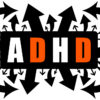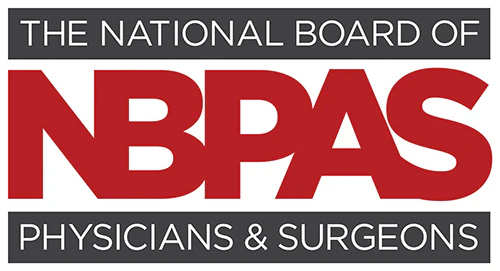The American Psychiatric Association (APA) explains that, “anxiety refers to anticipation of a future concern and is more associated with muscle tension and avoidance behavior.”
Anxiety disorders involve excessive feelings of nervousness, anxiousness, fear, and anxiety. Social anxiety disorder (SAD), also known as social phobia, is listed in the Diagnostic and Statistical Manual of Mental Disorders, Fifth Edition (DSM-5) as a chronic mental health condition. An individual with social anxiety disorder will experience a stronger and more intense sense of anxiety surrounding uncomfortable social situations than someone without SAD, which causes them to avoid social situations due to a fear of being negatively evaluated (e.g., embarrassed or judged) by other people. Social anxiety disorder is the second most diagnosed anxiety disorder and affects approximately 15 million American adults.
How Does It Manifest?
Anyone with social anxiety disorder can experience it in different ways. Common signs and symptoms that could be indicative of SAD include, but are not limited to, any combination of the following examples, provided by the Mayo Clinic:
- Excessive worry and/ or fear
- Muscle tension
- Blushing
- Sadness
- Crying
- Nausea
- Agitation
- Fast heartbeat
- Sweating
- Irritability
- Shaking
- Poor eye contact with others
- Low self-esteem/ low self-worth
- Dizziness or lightheadedness
It is important to note that social anxiety disorder symptoms can change over time. Some people with social anxiety disorder may only experience symptoms when faced with one or two situations (e.g., speaking in public or initiating a conversation) while others may present with pervasive, debilitating symptoms in any social situation. Although there is a plethora of situations that can be exceedingly difficult for those with social anxiety disorder, some of the most common include the following:
- Making eye contact
- Dating
- Talking to strangers
- Speaking in public
- Initiating conversations
- Attending parties
- Entering rooms
- Eating in front of other people
- Using public restrooms
- Going to work or school
The symptoms of social anxiety disorder can be so extreme that they disrupt daily life and can interfere significantly with daily routines, occupational performance, or social life. Despite the availability of effective treatments, data suggests that fewer than 5% of people of with social anxiety disorder pursue treatment in the year following initial onset and more than a third of people report symptoms for 10 or more years before getting help. If left untreated, social anxiety disorder can lead to adverse short- and long-term physiological consequences.
How To Deal With Social Anxiety Disorder
The most effective way to deal with social anxiety disorder is with the help of a mental health professional. Every person is different and will require a customized treatment plan, as each will respond distinctly to various treatment options. Treatment plans for social anxiety disorder will typically consist of a variety of therapeutic approaches, such as talk therapy, cognitive behavioral therapy (CBT), expressive arts therapy, dialectical behavior therapy (DBT), and more. It is not uncommon for medication to be incorporated into one’s treatment plan in conjunction with psychotherapy. There are different types of selective serotonin reuptake inhibitors (SSRIs) that are often prescribed for individuals with SAD. Some of the common SSRIs that are often prescribed for social anxiety disorder include Lexapro (escitalopram oxalate), Zoloft (sertraline), and Prozac (fluoxetine). In most cases integrating a combination of both psychotherapy and medication into one’s treatment plan yields the most successful, long-term results.
Further Information and Support
The challenges that arise from living with mental illness can quickly become all-consuming and impossible to navigate. Proper diagnosis and treatment can significantly improve one’s overall well-being and quality of life. Seeking help is never easy, but you are not alone! We at Arizona Psychiatric Health, believe in the uniqueness and complexity of every individual. We strive for excellence in systematic evaluation; and provide unparalleled psychiatric services that focus on professionalism, compassion, discretion, and optimal outcome to ease the pain of mental illness, and to help our patients achieve their fullest potential.
If you or someone you know needs mental health treatment, we strongly encourage you to pursue professional guidance as soon as possible. We are available to answer any questions and are certainly happy to discuss how we might best be able to help you or your loved one cultivate a healthy, authentic, and fulfilling life that both promotes and supports true wellness. Feel free to contact us by phone at 602-883-2318 or via email. We look forward to supporting you on your journey.






